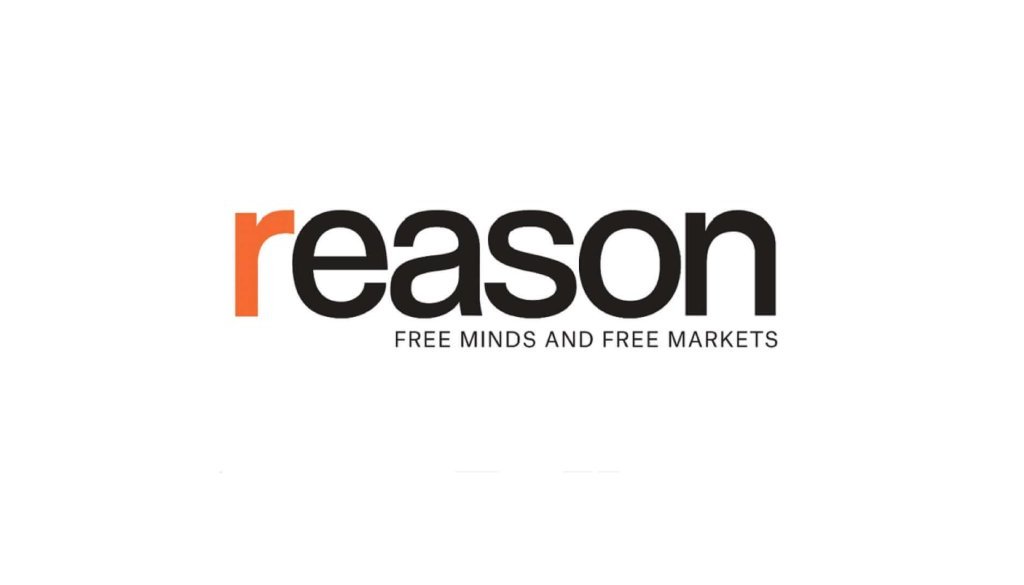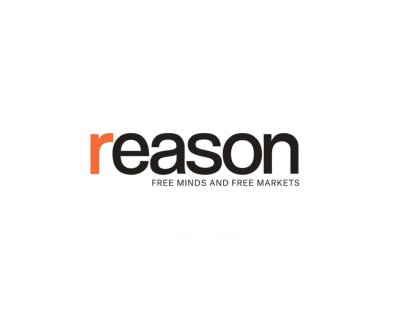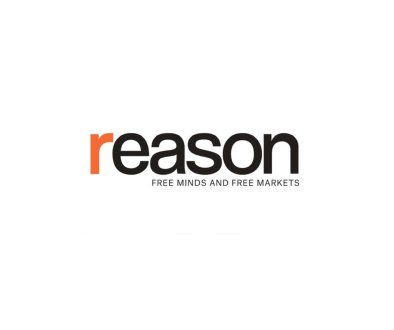New York’s Climate ‘Superfund’ Is Costly, Arbitrary, and Unconstitutional
New York Gov. Kathy Hochul signed the Climate Change Superfund Act on Thursday. The law would address climate change by imposing a huge tax on fossil fuel companies—they will collectively owe an estimated $3 billion annually—for 25 years, beginning in 2028. The legislation supposes that these taxes will be paid entirely out of the profit margins of the energy companies. In reality, energy users will foot at least part of the bill.
The law opens dramatically by describing climate change as “an immediate, grave threat to the state’s communities, environment, and economy,” and it argues that investments in infrastructure will be necessary to mitigate its detrimental effects. The law requires companies that extracted fossil fuels or refined crude oil and released at least a billion tons of carbon dioxide between January 1, 2000, and December 31, 2018, to bear “a proportionate share” of the cost of this infrastructure.
The law does not merely set a rate at which future carbon dioxide emissions will be taxed. It applies retroactively, “based on the fossil fuel companies’ historic contribution to the buildup of greenhouse gases that is largely responsible for climate change.” State legislatures have the power to pass taxes, but the Constitution says in no uncertain terms that they may not pass ex post facto laws that penalize firms or individuals for behavior that was not legally restricted at the time.
Another constitutional wrinkle is the law’s reservation of “at least 35 percent…of the overall benefits of program spending [to] directly benefit disadvantaged communities.” New York’s definitions of “disadvantaged communities” are not limited to income level or similarly neutral criteria, but include “areas with concentrations of people that are members of groups that have historically experienced discrimination on the basis of race or ethnicity.” The Fourteenth Amendment’s Equal Protection Clause prohibits such explicit discrimination.
Constitutional questions aside, it is not unusual for a governmental body to try to internalize negative externalities with taxes. The problem lies in determining
Article from Reason.com

The Reason Magazine website is a go-to destination for libertarians seeking cogent analysis, investigative reporting, and thought-provoking commentary. Championing the principles of individual freedom, limited government, and free markets, the site offers a diverse range of articles, videos, and podcasts that challenge conventional wisdom and advocate for libertarian solutions. Whether you’re interested in politics, culture, or technology, Reason provides a unique lens that prioritizes liberty and rational discourse. It’s an essential resource for those who value critical thinking and nuanced debate in the pursuit of a freer society.



